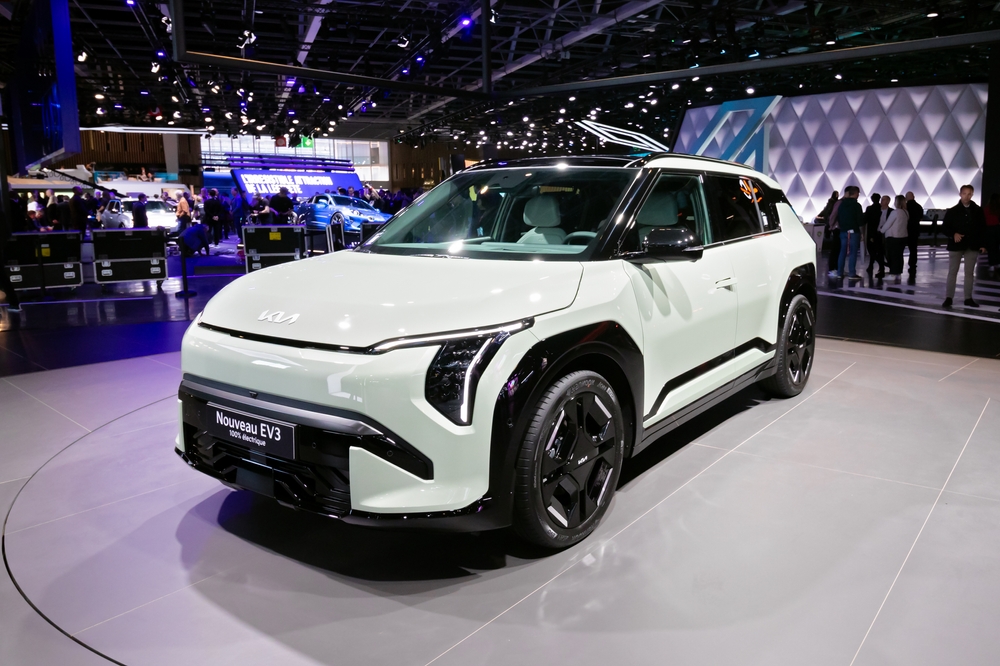Kia says tightening global emissions rules have forced them to say goodbye to their popular gasoline-powered sports cars.
Others are reading now
Kia has officially confirmed the end of the road for its beloved Stinger GT, as strict global regulations push carmakers away from gasoline-powered performance cars.
According to Kia, increasingly tough CO₂ rules have made it impossible to continue producing fun, petrol-fueled models like the V6-powered Stinger GT.
“This is a direct consequence of global realities where regulations are stifling fun petrol cars,” Kia said.
Even if they wanted to keep such cars in production, Kia simply no longer has a choice.
Also read
Blame the Rules
Roland Rivero, Kia Australia’s product manager, explained the tough position to Carsales: “They have to adapt to the global situation. And CO₂ regulations are constantly tightening around the world.”
The shift isn’t just about what customers want. It’s about complying with regulations that leave little room for traditional sports cars.
The Stinger GT may be gone, but Kia is determined to keep the GT badge alive, this time on electric vehicles.
Rivero remains hopeful about the future of sporty driving experiences, even as the company moves toward full electrification.
The electric GT models will aim to give driving enthusiasts something to be excited about.
The technology is already here.
The latest Kia EV6 GT includes simulated gear shifts and artificial engine sounds to recreate some of the feel of traditional sports cars. Kia’s larger EV9 model also offers a GT version, and the smaller upcoming EV4 is described as a natural fit for the GT badge.
Still, electric cars bring their own challenges, most notably, weight.
“Electric cars are heavy, and that’s a fact no car brand can ignore,” Rivero admits.
Hyundai N Still Fights for Gas Engines
While Kia transitions fully to electric, its sister company Hyundai is taking a slightly different path.
Hyundai’s N division recently ended production of the i20 N and i30 N, but it’s not entirely ready to give up on gasoline engines.
The Elantra N remains on sale in select markets, and a new generation with a larger engine is in development. Joonwoo Park, one of the N division’s founders, believes hybrid technology might help keep gasoline-powered fun alive for a little longer.
However, even Hyundai’s luxury brand Genesis has limited its powerful new twin-turbo V8 strictly to racing cars, reflecting the overall industry trend.
The reality of 2025 is clear: customers want SUVs, and governments are pushing carmakers toward full electrification.
This combination leaves little room for traditional sports cars, perhaps for good.
At the same time, there are growing accusations of political hypocrisy. While ordinary drivers are pushed toward EVs through tax policies, some politicians are not living up to the standards they set for others.


